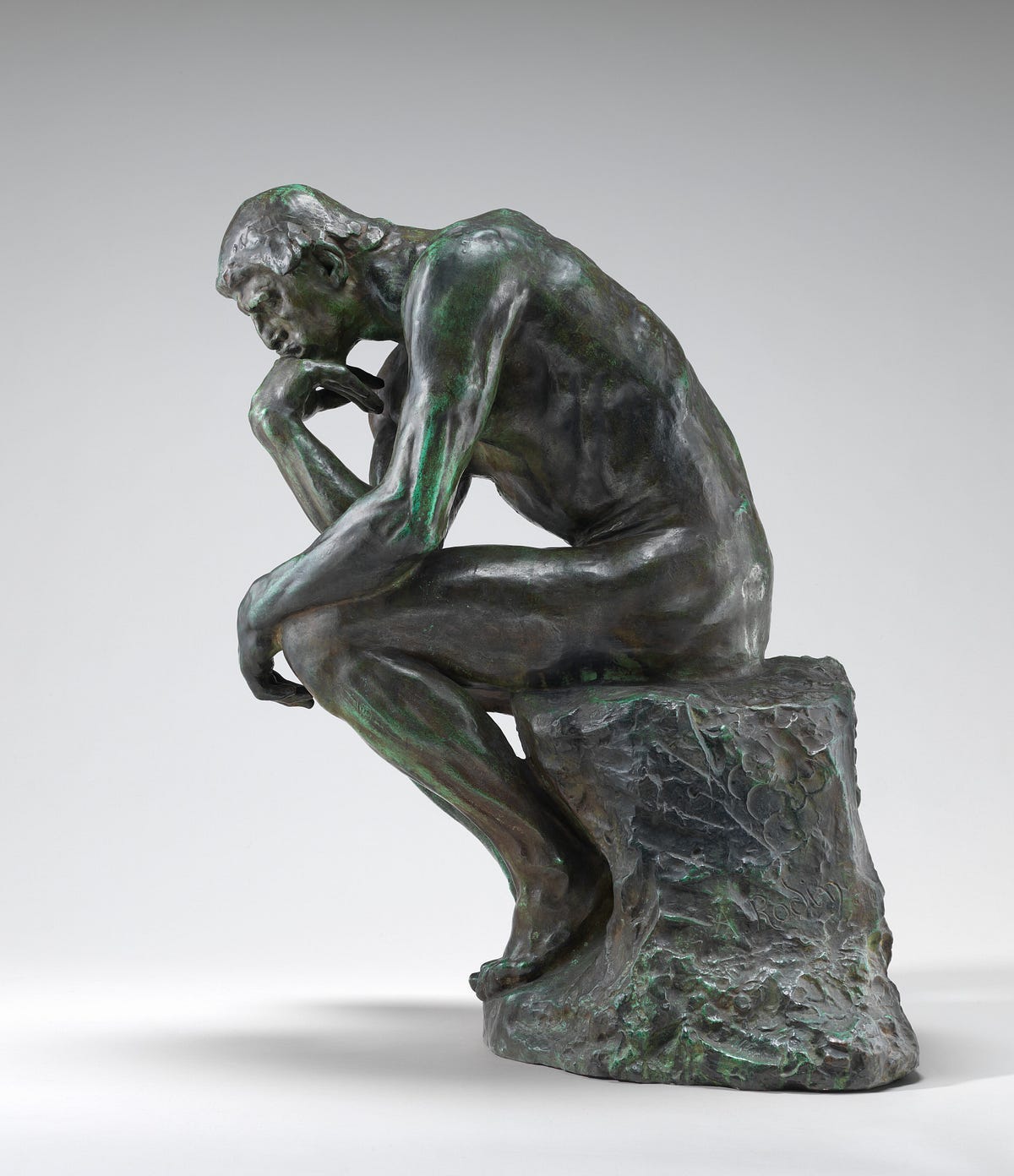The average person, living in this Modern world, tends to avoid the question, “What’s the purpose of existence?”
When pressed, the Westerner may tend to say, “Whatever makes you happy.”
Anyone who thinks about this for more than a moment can understand that if the only criteria for making a decision was based upon the level of happiness it would generate, then crime would skyrocket, family breakdown would become commonplace and society would begin careering towards collapse.
Others may take a cultural Christian angle and say it’s about being nice to each other and showing kindness. This works until there is a crisis, either personal or national. Then decisions need to be made which may cause pain and suffering to others. For example, telling off a naughty child. Or if a man abuses his wife and the judge is ‘unkind’ to him and sentences him to prison. Or a country is invaded, and kindness goes out the window as the nation fights for its existence.
Sometimes, this question is framed through a progressive lens, either by saying humans are collectively pushing back the boundaries of science. As though the purpose of life is to gain knowledge and understanding. Or pushing back the boundaries of society, pushing for greater freedom.
But what’s the Christian understanding of the purpose of life? The Old Testament puts it like this.
Ecclesiastes 13 v 13
When all has been heard, the conclusion of the matter is this: Fear God and keep His commandments, because this is the whole duty of man.
But let’s go deeper and look at the New Testament.
God and Theosis
Theosis comes out of the Eastern Orthodox tradition and the quote which is normally ascribed to it comes from Anthanasius of Alexandria
"He became man that we might become god"
Other Christian traditions might struggle with this phrasing, as it seems New Age and akin to the Little Gods theology. But its meaning it is far from those, and is more inline with St Paul’s writings, especially when he wrote:
2 Corinthians 3:18
And we all, with unveiled face, beholding the glory of the Lord, are being transformed into the same image from one degree of glory to another.
And Peter’s,
2 Peter 1 v 4
Through these He has given us His precious and magnificent promises, so that through them you may become partakers of the divine nature
I like how Irenaeus puts it
"The Word of God, our Lord Jesus Christ, who did, through His transcendent love, become what we are, that He might bring us to be even what He is Himself”
So the purpose of life for a Christian is to be transformed into the image of Christ.
But what does this mean practically?
Becoming Fully Human
From within the Modern materialistic framework, we may consider we are fully human when we become an adult. After all, there is nothing more human than a physically mature person. But any adult knows, they are far far from perfect.
From God's perspective, to become ‘fully-human’ means to return to the original design for humanity before the Fall. God told them to bring dominion to the wild world. Adam and Eve were expected to bring the paradise of the Garden of Eden to the rest of Creation.
God incarnated as Christ and showed us how to live as ‘fully human’. We do this by loving God, putting Him first and then loving all those around us, the same way we love ourselves.
To be fully human is to act in line with God’s will at all times. As this is impossible for us, we can only become fully human in Christ. Not apart from Him.
Those who wish to live a full strength Christianity, need to live with this goal in mind. When we come to a decision we need to think how this will draw us to Christ. We need to be open to how God wants to change us, through His providence, through His blessings and sometimes through suffering, which He uses to perfect us.
Without theosis, the Christian life becomes a waiting room where you hang out before being called to Heaven. Due to Christ's sacrifice, there is no need to work on ourselves and bring our lives in line with God’s will.
The truth is, just as the Kingdom of God came with Christ’s Incarnation, it is also coming in its fullness at His return. Similarly, we are sanctified in Christ, but while we live on Earth, we are going through the process of sanctification.
This doesn't mean that our works save us and Christ’s sacrifice is meaningless, but how we act on Earth is the process by which God prepares us for the New Heavens and the New Earth.
This is how God creates a new heart within us. As we engage with His Spirit in us, then he transforms us into the image of His son, Jesus Christ. And we then partake in His divine nature and continue on the process of becoming fully human.





"He became God that we might become god"
I’m having a hard time understanding this one. Would you mind sharing the source? It reminds me of a Lorenzo Snow quote that I’ve heard.
How does God become God if he has always been God?
Amen. Thank you so very much for these words, to view every interaction through the lens of WWJD; What would Jesus do